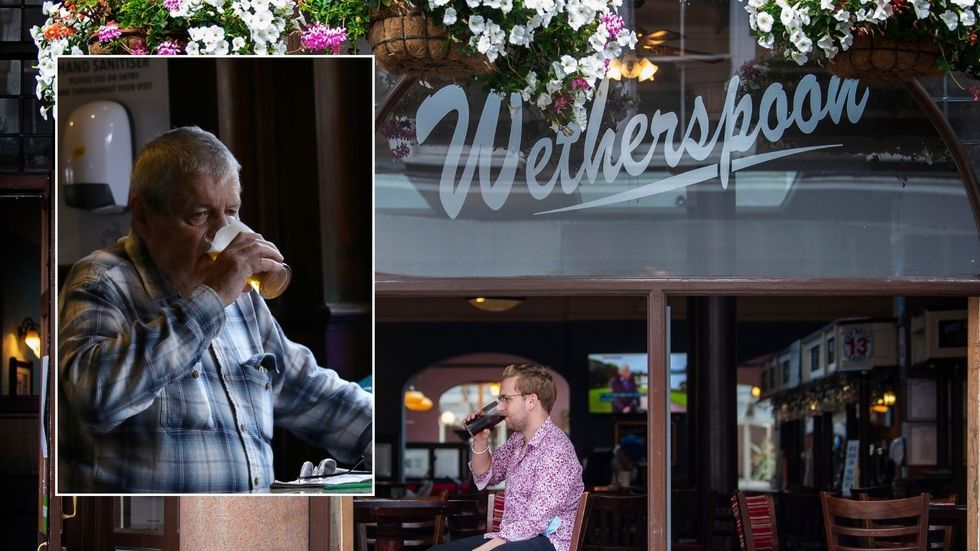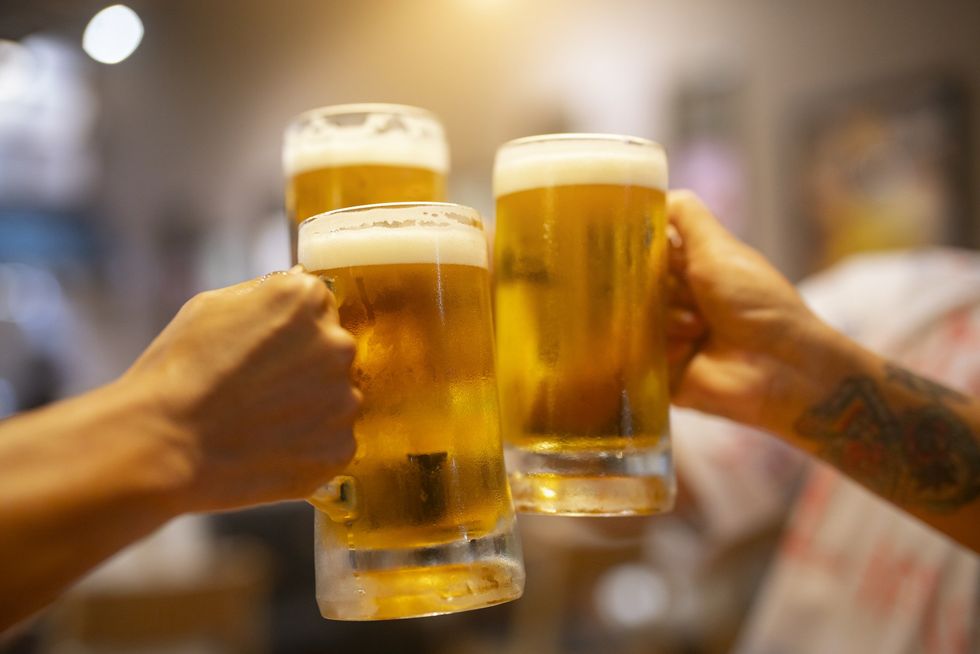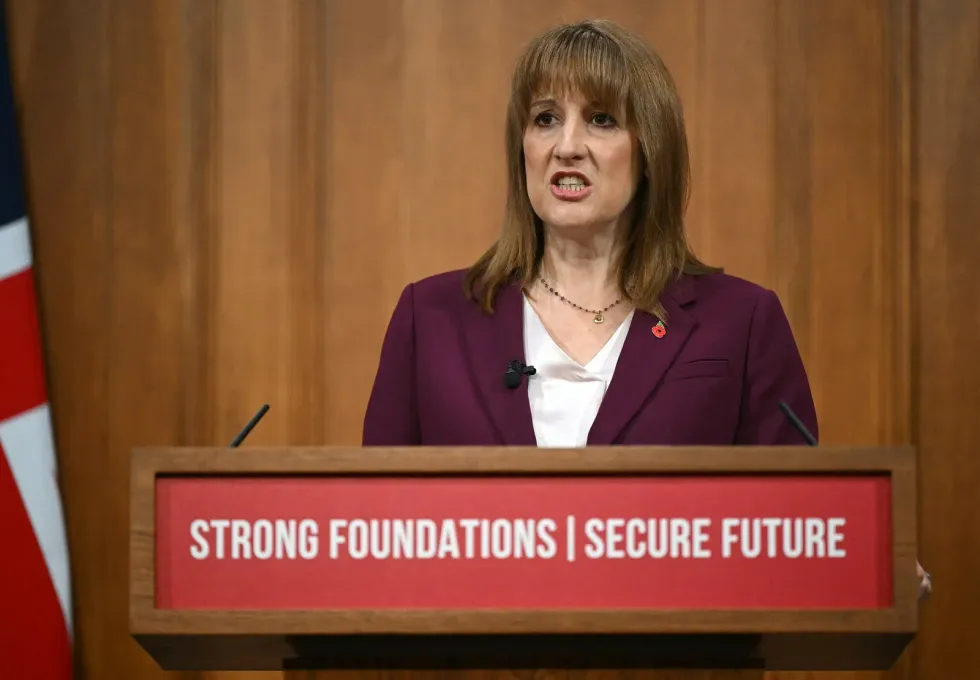JD Wetherspoon has warned that beer prices could rise by 15p ahead of Chancellor Rachel Reeves’ Autumn Budget, as the pub chain struggles with rising wage bills and higher taxes.
Chairman Sir Tim Martin said pubs are being hit far harder than supermarkets, with staff costs affecting them “around ten times as much.”
The warning comes as Ms Reeves prepares to deliver her Budget on November 26, with the industry fearing further tax hikes.
Sir Tim said recent government measures have already placed “huge financial pressure” on pubs and warned that any additional increases could force prices up even further.
The pub chain, which runs almost 800 sites across the UK, expects about £60million in extra yearly costs from higher wages and National Insurance changes.
Sir Tim explained that staff wages make up around 35 per cent of the cost of a pub pint before VAT – roughly £1.50 of the total price.
By comparison, supermarkets spend far less on staff costs – around 12 per cent of the price of a beer, or about 15p per pint.
Sir Tim said that if wages rise by 10 per cent, pubs have to add roughly 15p to the price of a pint to keep up, while supermarkets would only see a 1.5p increase.

He stated: “Increased labour costs are, consequently, dramatically widening the pricing differential between pubs and supermarkets, to the anger and consternation of customers.”
Sir Tim said the average pint in a pub now costs around £5.16, with the need for both table service and bar staff driving up costs.
He added that the company faces growing financial pressures beyond rising wages.
Sir Tim also criticised what he called the “unfair” VAT gap, pointing out that pubs have to charge 20 per cent VAT on food while supermarkets pay none.
LATEST DEVELOPMENTS:
- Wetherspoon update after new rules on cash payments introduced
- Wetherspoons to open 15 new pubs across UK – list of confirmed locations here
- JD Wetherspoon boss warns Rachel Reeves over £60m cost hikes

This tax imbalance has played a major role in pubs losing half of their beer sales to supermarkets since 2000, citing figures from Morgan Stanley.
He explained that recent policy changes have already pushed up Wetherspoon’s costs by £60million a year, mainly due to higher National Insurance contributions and rising wages.
The minimum wage is due to rise by 6.7 per cent in April 2025, with further increases expected the following year that could see the national living wage reach at least £12.70 an hour.
Despite the pressure, Wetherspoon’s trading remains strong, with like-for-like sales up 3.7 per cent in the 14 weeks to November 2.

Bar revenues climbed 5.7 per cent whilst food sales grew 0.9 per cent, and gaming machine income surged 8.9 per cent, though accommodation bookings declined 6.3 per cent.
The company continues to exceed industry benchmarks, maintaining 37 consecutive months of superior performance compared to sector averages.
Nevertheless, Sir Tim expressed a “slightly more cautious” stance regarding the year’s remaining months, citing uncertainty surrounding the forthcoming Budget.
Wetherspoon maintains its expansion programme, having launched four new venues this year with plans for 15 total openings by year-end.
Our Standards: The GB News Editorial Charter







Follow